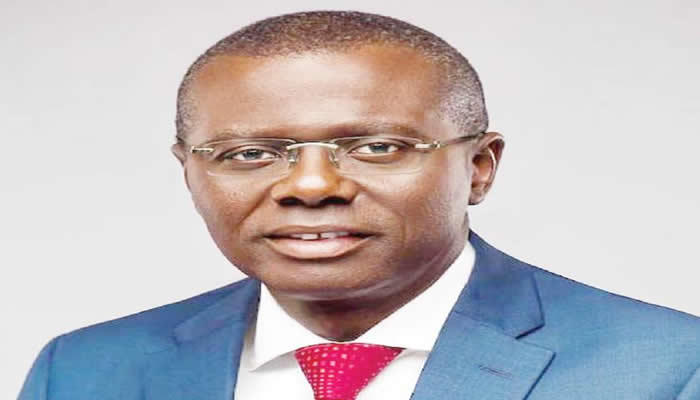The Lagos State Government has embarked on a crucial phase of its budget planning process, engaging in bilateral discussions with its various ministries, departments, and agencies (MDAs) to meticulously review and finalize personnel budgets for the upcoming 2026 fiscal year. This exercise, spearheaded by the Ministry of Establishments and Training, serves as a cornerstone of the state’s commitment to fiscal responsibility, efficient workforce deployment, and strategic alignment of human resources with overarching policy objectives. By scrutinizing the personnel structure of each MDA, the government aims to ensure that public funds are judiciously allocated, contributing to a lean, effective, and results-oriented public service.
The bilateral discussions represent a vital instrument for enhancing human resource management within the public sector. They provide a platform for in-depth analysis of current staffing levels, projected future needs, and potential gaps in expertise. This comprehensive assessment ensures that workforce planning is not merely reactive but proactive, anticipating future demands and aligning human capital with evolving priorities. The process also serves to verify existing records, ensuring conformity with approved establishment structures and fostering transparency and accountability in the management of public resources. By engaging in these detailed discussions, the Lagos State Government aims to optimize its workforce, maximizing productivity while minimizing unnecessary expenditure.
Commissioner for Establishments and Training, Afolabi Ayantayo, underscored the significance of the bilateral discussions, emphasizing their role in aligning manpower needs with government priorities. He highlighted the importance of maintaining a lean and efficient workforce while ensuring that personnel costs remain within sustainable limits. This approach reflects the state’s commitment to prudent financial management and its dedication to delivering optimal public services without overburdening the public purse. Ayantayo further emphasized the need for evidence-based and future-oriented workforce planning, ensuring that decisions regarding human resources are informed by data and aligned with long-term strategic goals.
The Permanent Secretary in the Ministry of Establishments and Training, Olubusola Abidakun, elaborated on the structured nature of the discussions, highlighting their focus on providing a detailed and data-backed assessment of each MDA’s staffing profile. This rigorous approach ensures that decisions are grounded in empirical evidence and reflect a comprehensive understanding of the unique needs of each MDA. Beyond simply reviewing current staffing levels, the sessions also delve into future requirements, identifying potential skill gaps and ensuring that the workforce is equipped to meet the challenges and opportunities that lie ahead. This proactive approach to workforce planning reflects the state’s commitment to building a professional, efficient, and responsive public service capable of effectively serving the needs of its citizens.
The ongoing bilateral discussions, scheduled to continue over the coming days, will involve comprehensive presentations from all MDAs, each supported by robust data and analysis. This comprehensive approach ensures that all relevant stakeholders are fully engaged in the process, fostering a collaborative environment where informed decisions can be made. The outcomes of these discussions will directly shape the personnel budget component of the state’s 2026 Appropriation Bill, ensuring that resource allocation is aligned with strategic priorities and reflects the government’s commitment to fiscal responsibility and efficient service delivery.
In essence, the Lagos State Government’s bilateral discussions on personnel budgets represent a proactive and strategic approach to human resource management in the public sector. By engaging in these detailed and data-driven dialogues, the government aims to optimize its workforce, ensuring that it is appropriately sized, skilled, and strategically deployed to achieve its policy objectives. This commitment to evidence-based decision-making and fiscal responsibility underscores the state’s dedication to building a robust and responsive public service capable of effectively serving the needs of its citizens while maintaining sustainable public finances.














